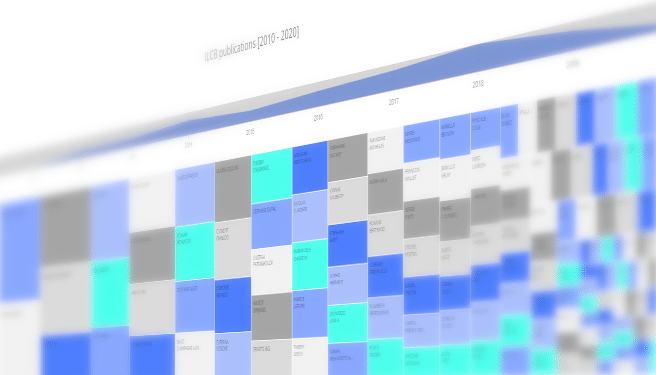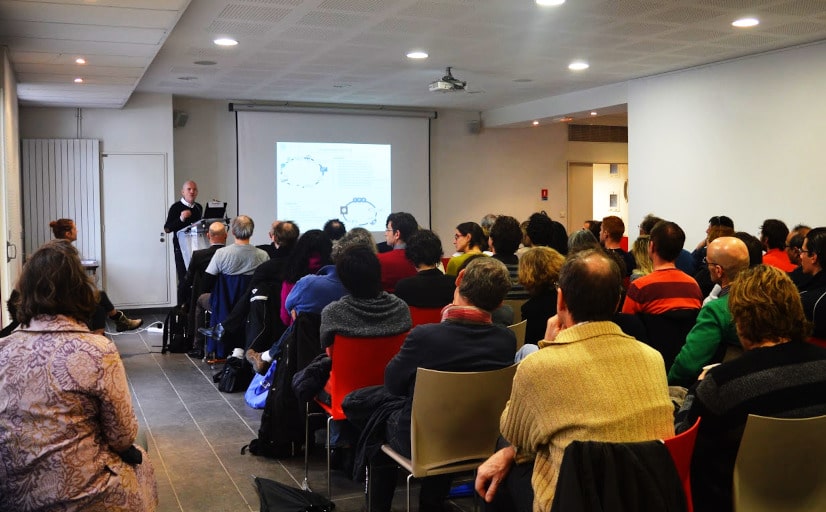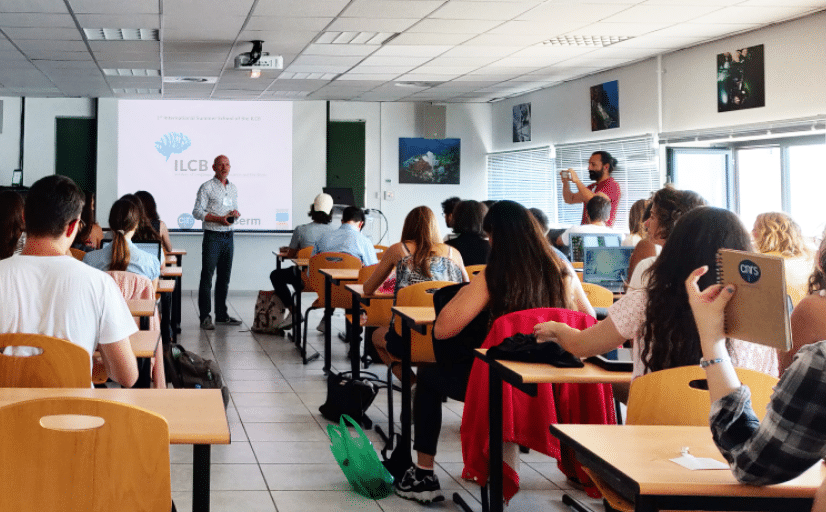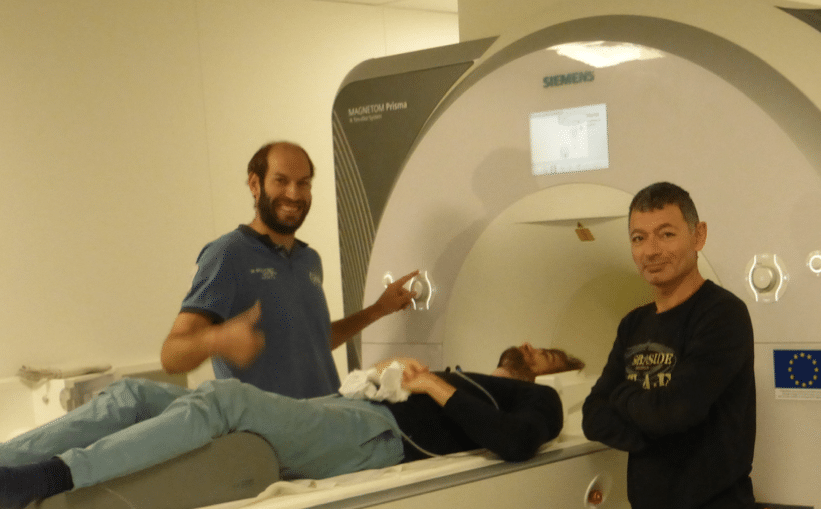



FEATURED PUBLICATIONS
Speaking to a common tune: Betweenspeaker convergence in voice fundamental frequency in a joint speech production task Vincent Aubanel, Noël Nguyen
2020 PLOS/ONE
read more >>
Learning to Read and Dyslexia: From Theory to Intervention Through Personalized Computational Models Johannes C. Ziegler, Conrad Perry, Marco Zorzi
2020 Current Directions in Psychological Science
read more >>
Error-based learning and lexical competition in word production: Evidence from multilingual naming Elin Runnqvist, Kristof Strijkers, Albert Costa
2019 PLOS/ONE
read more >>
Constraints on the lexicons of human languages have cognitive roots present in baboons (Papio papio) Emmanuel Chemla, Isabelle Dautriche, Brian Buccola, and Joël Fagot.
2019 PNAS
read more >>
High-fidelity copying is not necessarily the key to cumulative cultural evolution: a study in monkeys and children Carmen Saldana, Joël Fagot, Simon Kirby, Kenny Smith, Nicolas Claidière
2019 Proceedings of the royal society B
read more >>
Bringing together experts in linguistics, neuroscience, psychology, medicine and computer science to understand and to model the way that language functions.
The objective is to create a generic model of the processing of language and its cerebral bases.
SUMMER SCHOOL
The 3d Edition of the ILCB Summer School offers Introductory, Intermerdiate and Advanced Classes in four core fields of Cognitive Science, reflecting the expertise of the Institute.
read more >>
PhD PROGRAM
An interdisciplinary focus on language research, with interdisciplinary theory and practice trainings at basic and advanced level courses in all relevant disciplines.
read more >>
MASTER
The MaSCo, a new MA in Cognitive Science, provides an advanced scientific curriculum on human cognition, as well as a technological and methodological expertise in evaluation, analysis and modeling of cognitive processes.
read more >>
TRAINING
Advanced trainings are offered to the ILCB members
read more >>
Recent
news and events
Upcoming Events Loop
It seems we can’t find what you’re looking for. Perhaps searching can help.
Post Loop
Claire Kabdebon
Claire Kabdebon is a developmental neuroscientist at CRPN, which she joined in 2023 as CNRS researcher. Her work explores the neural underpinnings of human learning, with a special focus on language acquisition. Using electroencephalography, she investigates how the developing brain discovers and encodes the sounds and structure of language. She was recently awarded with a […]
Une syntaxe domaine-général utile à la motricité et au langage
Raphaël Py, Marie-Hélène Grosbras, & Marie Montant (CRPN)
Treize Minutes Marseille 2026
Valentin Emiya (LIS) et al.
Lexical Competition Does Not Age: A Spoken Word Recognition Study
Guillaume Hureaux, Serge Pinto, and Sophie Dufour. 2025. Language, Cognition and Neuroscience, December 10, 1–5. — @HAL
Offering and Showing Gestures in 12- to 15-Month-Old Infants in Natural Contexts: A Corpus-Based Study
Shreejata Gupta, Sofiya Karnovska, Marianne Jover, and Markus Paulus. 2025. European Journal of Developmental Psychology 22 (3): 395–417. — @HAL
Evidence for a Role of Memory in Novel Word-Learning after Perinatal Stroke
Clément François, Laura Ferreri, Pablo Ripollés, Alfredo Garcia-Alix, Antoni Rodriguez-Fornells, and Laura Bosch. 2026. Brain and Language 274 (March): 105707. — @HAL
Association: One Term, Five Concepts
Thomas F. Chartier, Joël Fagot, and Arnaud Rey. 2026. Neuroscience & Biobehavioral Reviews 181 (February): 106525. — @HAL
A few shades of supervision for discourse segmentation: Experiments on a French conversational corpus
We compared three machine-learning approaches for segmenting discourse units. The performance of each method (“f_score”) is plotted against the number of training tokens (“size”, in log-scale). “weaksup” means data-programming weak supervision, in which the training set is annotated by an automatic noisy labeller based on a manually written set of labeling rules; “finetune” means fine-tuning […]
Directory board
Some members of ILCB’s directory board planning 2026 projects and activities over lunch at the recent New Year board meeting.
Deciphering the neural bases of natural soundscapes auditory perception
Etienne Thoret & Pascal Belin (INT)



